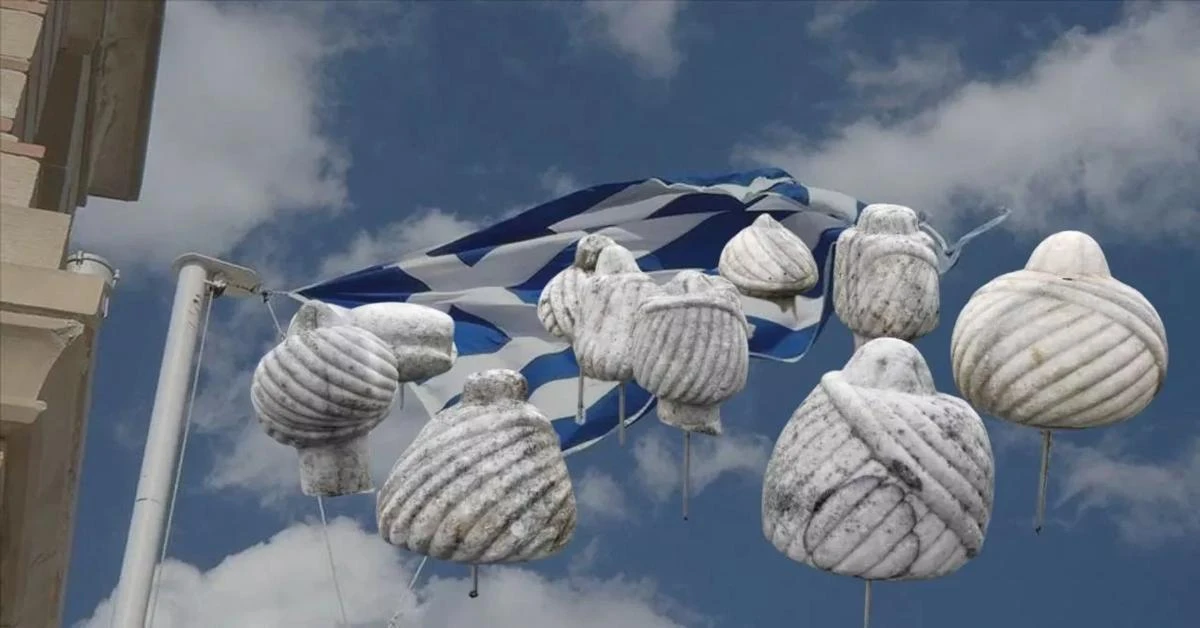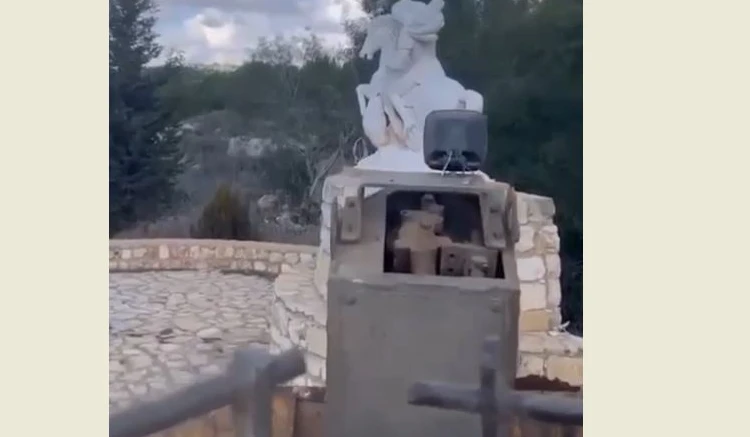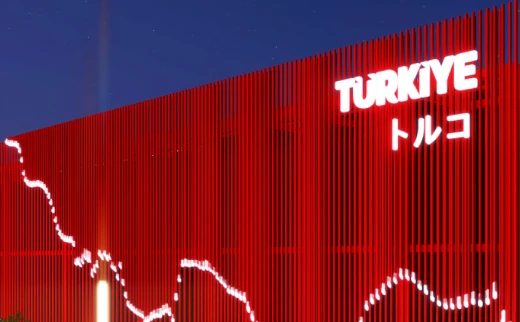Ottoman-era tomb discovered in Greek city during pipeline construction

An excavation in Veria, Greece, during a natural gas pipeline installation reveals human remains near a historic mosque, local archaeologists confirm it is an Ottoman tomb
Construction workers installing a natural gas pipeline in Veria, a city in central Macedonia in Greece, recently unearthed a tomb from the Ottoman era.
This finding aligns with historical records and has captivated the archaeological community.
The tomb surfaced near the Medrese Mosque in the city’s center, where additional archaeological evidence further confirmed its Ottoman origins.
This proximity to a historically significant mosque adds depth to the discovery, resonating with records by the 17th-century Ottoman traveler Evliya Celebi, who had noted a Muslim graveyard at this location.
“The location of the tomb next to the Medrese Mosque, combined with other relics, clearly points to its Ottoman roots,” stated a local archaeologist.
This revelation corroborates Celebi’s writings and enriches understanding of the region’s Ottoman past.
This is not the first instance of such findings in Greece; in 2021, another Ottoman-era graveyard was discovered in Gargara (Simandra) village near Thessaloniki.
These recurrent discoveries reflect the historical breadth of Ottoman influence in Greece.
The unearthed tomb and other artifacts are expected to offer new perspectives on the Ottoman Empire’s reach and influence in this part of Europe.
Plans are underway to conduct further excavations to explore and preserve additional elements of this historical site.
Local authorities and archaeological teams are now planning more detailed excavations at the site.
“We aim to carefully explore and preserve this historical site, which holds significant cultural heritage value,” an official involved in the project explained.
Source: Newsroom



